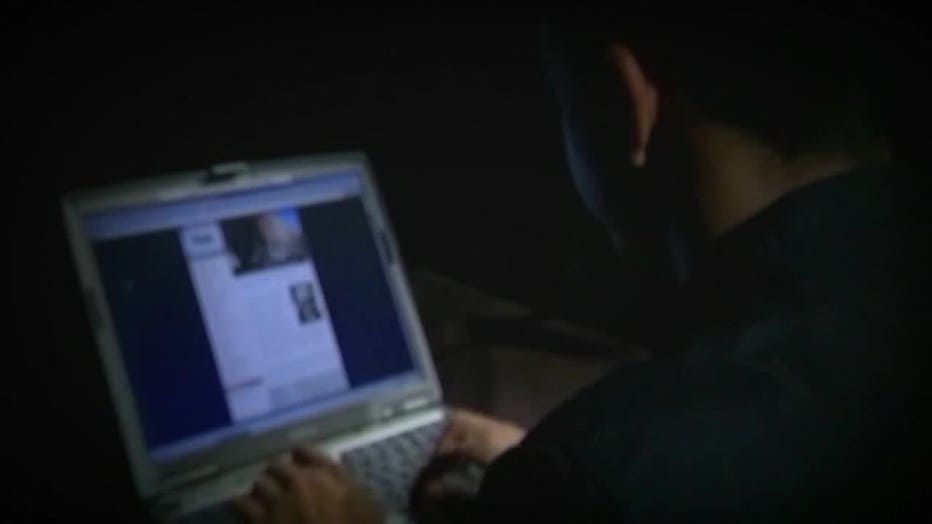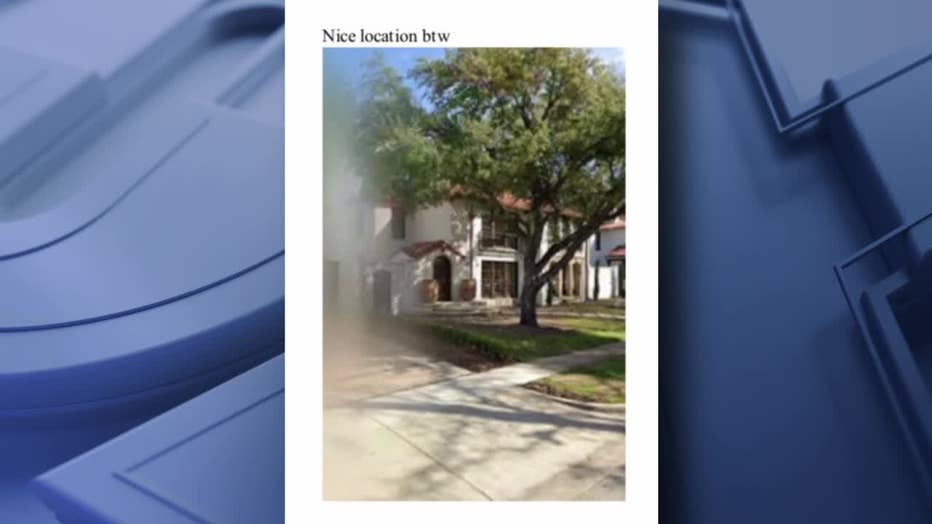What are 'sextortion' scams and how to recognize them
How to recognize 'sextortion' scams
There's a new scary trend in scams that can include things like pictures of your home, the names of your family members, and even threats related to your browsing history to convince you to pay up. Consumer reporter Steve Noviello says he knows firsthand because he was recently targeted, along with his young son.
DALLAS - Online scammers are grabbing the attention of would-be victims nationwide because of new and frightening details they’re using to convince you to pay up.
This latest scam, dubbed "sextortion" by the FBI, makes the allegation that spyware has been secretly placed on your computer, allowing the scammer to see anything you’ve looked at on the internet.
It’s so popular because it’s simply a numbers game. Chances are, there are plenty of people who would not like video of them and screen grabs of what they’re surfing sent to everyone in their contacts as the scam threatens.

Consumer reporter Steve Noviello knows about the scam firsthand because he and his young son were targeted.
An email sent to his inbox included his first and last name, his home address, and even a picture of his neighbor’s house, suggesting the scammer knew exactly where to visit him if he didn’t take the threat seriously and pay up.
The letter went on to make allegations about his browsing history and threatened to send side-by-side video from his webcam and screen to contacts unless he sent a Bitcoin payment via a QR code.
Other versions of the same scam make allegations of a cheating spouse and even use the name of the recipient’s partner to make it seem more real.
It’s enough to make plenty of people pay.
Featured
Sextortion scams now feature photos of your home, personal information
Security experts and targeted individuals are warning the public about an email scam that now incorporates personal information, including images of the recipient’s home.
Steve Noviello ignored it, then got a second identical email again, threatening him if he ignored it again.
Then came the same threat addressed to his 7-year-old son, who does not even have access to the internet.
A little research revealed tons of people who got the same exact email.
So where do these people get so much information about you, including a photo of where you live?
While it all seems very targeted and very personal, it’s all information that is easily available online, especially if your information has been part of a data breach.
This is where that information winds up.
Even in the normal course of business, your name and your address are on the web.
If you receive a similar email attempting to blackmail you for Bitcoin, the FBI recommends reaching out and reporting the attempt to their office at 1-800-CALL-FBI.
For peace of mind, covering your webcam is never a bad idea, either.

You can also blur the image of your home on Google Maps, which will help reinforce the knowledge that these folks are simply scrubbing the internet for images and information about you.
LINK: How to blur your home on Google Street View (and why you should) | Mashable
In fact, if you look closely at the image sent to Steve Noviello, you can see the blur on the left side. That’s because his neighbors have already blocked the image of their home online.
It was just another clue that the letter was a fake.


